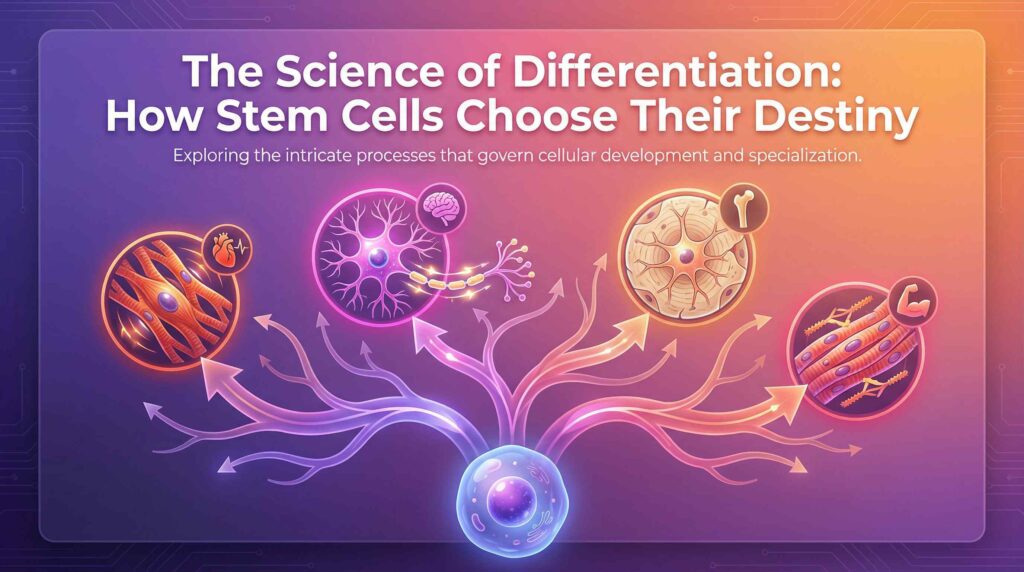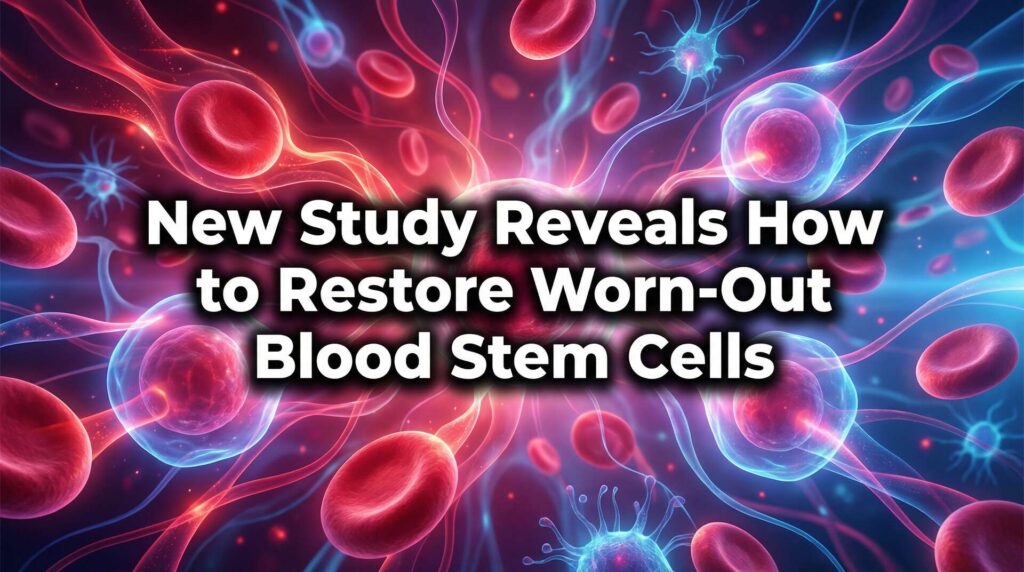The International Society for Cell & Gene Therapy (ISCT) celebrates a pivotal legal victory affirming the U.S. FDA’s authority to regulate cell and gene therapies.
The Ninth Circuit Court of Appeals reversed a previous district court decision in the case of U.S. v. California Stem Cell Treatment Center, Inc., confirming that such therapies fall under the FDA’s oversight, ensuring they are safe, effective, and subject to an established regulatory framework.
The ISCT, a key advocate for ethical standards and regulation in cell and gene therapy, actively supported this case by filing an amicus curiae brief in June 2024.
The Society’s commitment to science-based regulation and public safety is critical in a rapidly expanding market where clinics often offer unapproved treatments to vulnerable patients.
ISCT’s involvement underscores its dedication to guiding policy, science, and regulation for the benefit of public health.
ISCT’s Role in Supporting FDA Regulation
Bruce Levine, Chair of the ISCT Ethics of Cell and Gene Therapy Committee (ECGT), hailed the decision as a major stride forward.
Levine emphasized that the court’s ruling supports ISCT’s mission to advocate for science-backed regulation and combat the growing trend of unproven cell therapies in the market.
He highlighted the necessity of rigorous oversight to protect patients and promote ethical practices as the industry continues to grow.
Understanding the Court’s Ruling: Clarifying ‘Drug’ Definitions and Exceptions
In the original district court ruling, the Defendants’ stromal vascular fraction (SVF) mixture—a liquified blend of cells and cellular debris—was deemed not a “drug” under federal law, positioning their actions as medical practice rather than pharmaceutical manufacturing. However, the Ninth Circuit overturned this, ruling that SVF fits the definition of a “drug” under the Federal Food, Drug, and Cosmetic Act (FDCA).
Furthermore, the panel rejected the Defendants’ claim that their procedure fell under the “same surgical procedure” (SSP) exception, which would have exempted them from FDA regulation.
The ruling clarified that the SVF procedure, involving the removal of fat tissue and implantation of SVF, does not qualify under the SSP exception as intended by federal law.
One member of the three-judge panel also noted that even if the SSP exception were ambiguous, the court should defer to the FDA’s reasonable interpretation.
ISCT’s Mission and Global Impact
Founded in 1992, ISCT is a leading global organization comprising over 4,000 experts in cell and gene therapy from more than 60 countries.
With its broad network of clinicians, regulators, researchers, and industry leaders, ISCT plays a key role in translating scientific research into safe, innovative treatments for patients worldwide.
The Society’s collaborative approach spans academia, regulation, and commercialization, fostering strong ties with global regulatory bodies and industry partners to drive advances in standard care.
ISCT’s support of the Ninth Circuit ruling aligns with its overarching vision of maintaining ethical practices, scientific rigor, and patient safety as the field of cell and gene therapy continues to evolve and expand.
The Society will remain actively engaged with legal, political, and regulatory authorities to ensure that future growth in the sector adheres to the highest ethical and scientific standards, ultimately advancing safe and effective therapies for the public.


